Humans
-
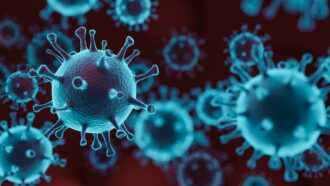 Health & Medicine
Health & MedicineEarly details emerge about the new U.K. coronavirus variant
The variant may spread more easily from person to person. That could make continuing to wear masks all the more important, experts say.
-
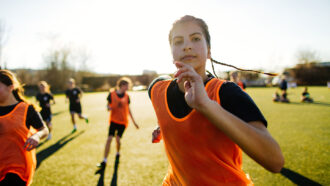 Health & Medicine
Health & MedicineStrongest bones come from Goldilocks recipe of exercise and rest
Building strong bones for life depends on adolescents staying active and getting enough sleep. Sometimes a lot of sleep, like 11 hours!
-
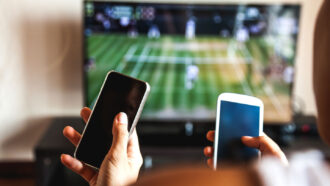 Psychology
PsychologyCan’t remember? Maybe you multitask too much between screens
Splitting your attention between devices can make it hard to create new memories, even when you’re not multitasking.
-
 Health & Medicine
Health & MedicineSocial distancing for teens shouldn’t mean giving up your social life
During even partial lockdowns, keeping connected with friends makes all the difference. That’s what athletes and other teen groups are finding.
-
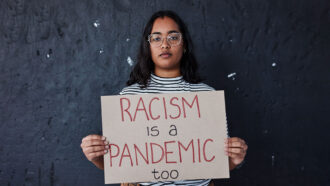 Science & Society
Science & SocietySuffering from racist acts can prompt Black teens to constructive action
Stress from experiencing racist acts can lead Black teens to recognize and confront racism and fight for social justice.
-
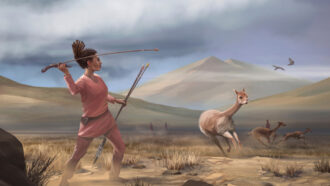 Archaeology
ArchaeologyThis prehistoric woman from Peru hunted big game
Women in the Americas speared large prey as early as 9,000 years ago, new archaeological evidence suggests.
By Bruce Bower -
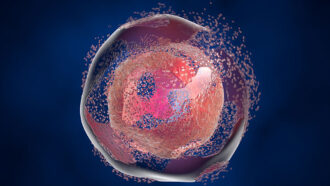 Health & Medicine
Health & MedicineScientists Say: Apoptosis
When it’s time for cells to die, they need to do it carefully, so they don’t harm other cells.
-
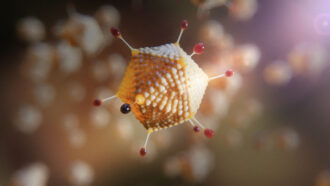 Health & Medicine
Health & MedicineThird major vaccine shows great promise against COVID-19
This vaccine, which may be easier to get to the public, appears to be 90 percent effective at halting disease and maybe spread of the new coronavirus.
-
 Health & Medicine
Health & MedicineScientists Say: Puberty
Puberty is a time when hormones surge and people develop the ability to have children. But it’s so much more than that.
-
 Health & Medicine
Health & MedicineWarning! Junk foods can harm a teen’s brain
The adolescent brain has a hard time resisting junk food. But high-fat, high-sugar diets can interfere with learning and pose risks to mental health.
-
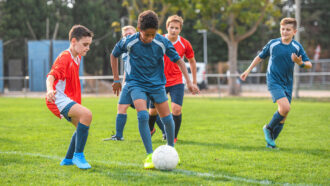 Health & Medicine
Health & MedicineTeen athletes with even mild COVID-19 can develop heart problems
COVID-positive student athletes, some with no symptoms, have developed heart inflammation and more. They are new reasons to limit coronavirus exposure.
-
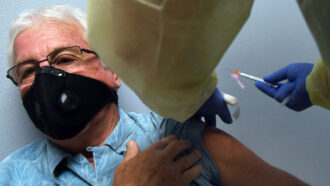 Health & Medicine
Health & MedicineModerna vaccine for COVID-19 appears nearly 95 percent effective
A second coronavirus vaccine appears super effective in preventing people from being sickened by COVID-19.